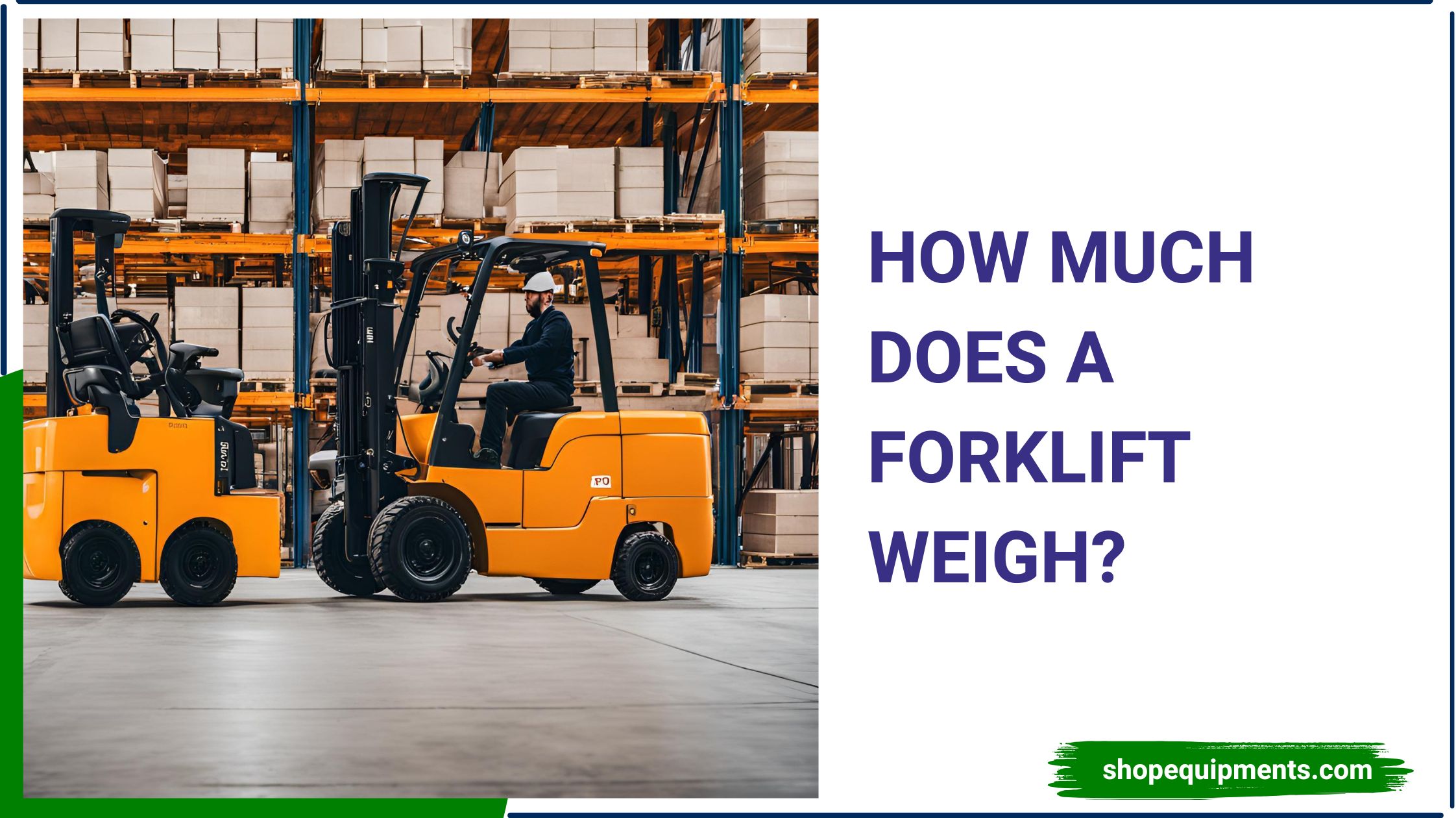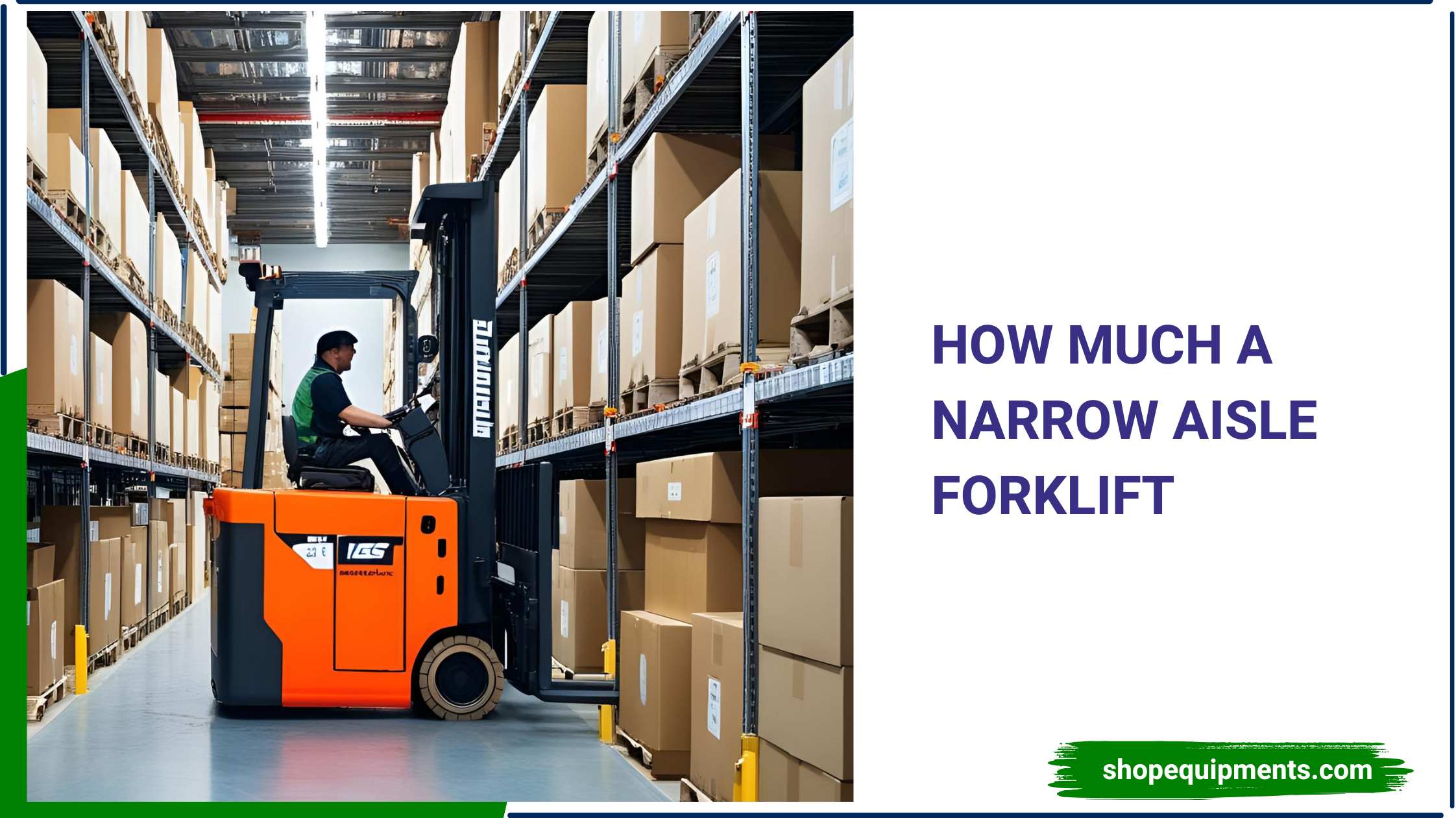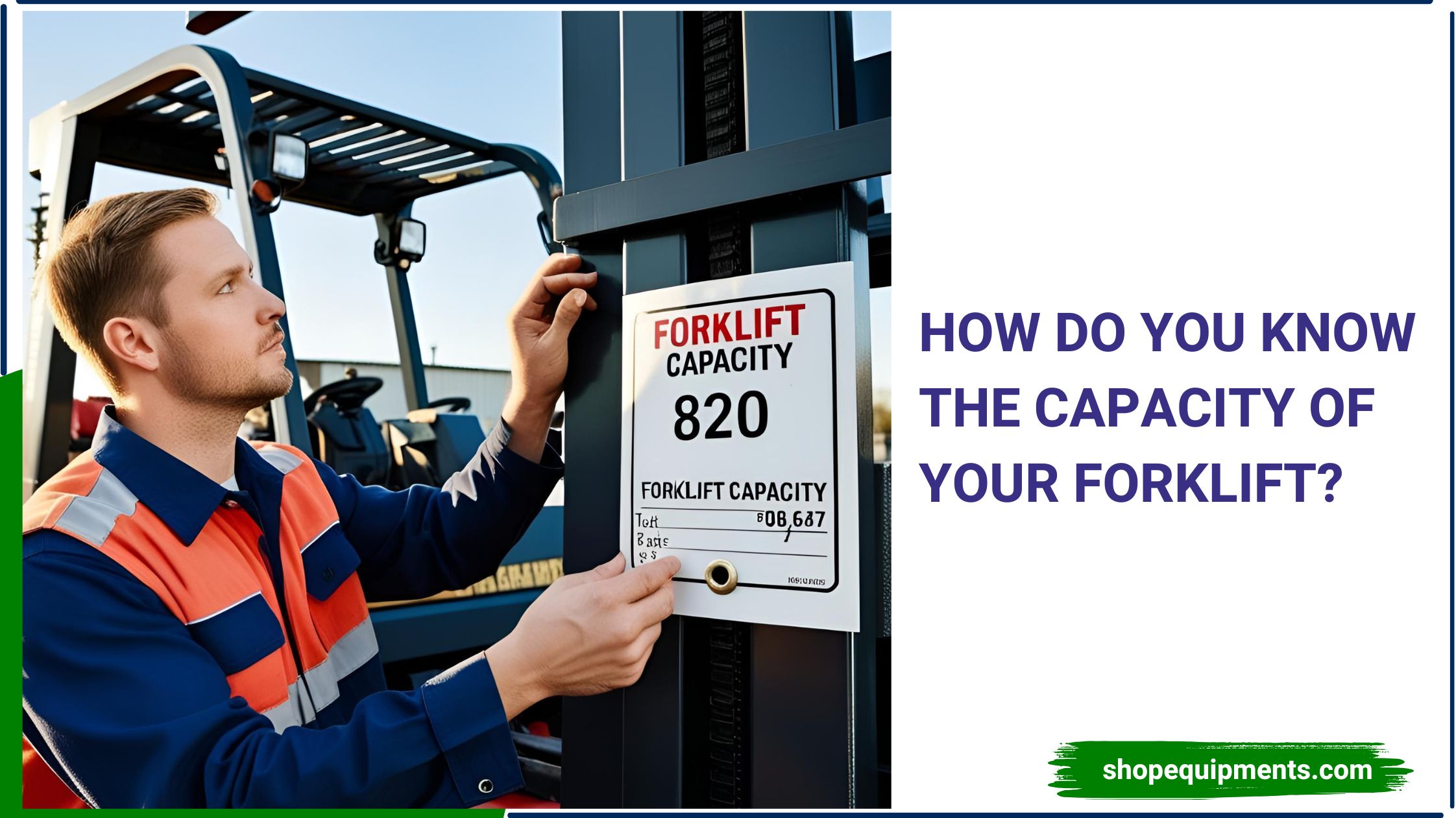February 5, 2025
How Much Does a Forklift Weigh? Load Capacity & Safety
Forklifts are an essential part of warehouses, construction sites, and manufacturing plants.
One of the most critical aspects of forklifts is their weight, which directly impacts safety, stability, and load-bearing capacity.
Understanding how much a forklift weighs can help operators ensure proper handling, transportation, and usage.
This article provides detailed insights into forklift weight, its significance, and related safety considerations.
Why Forklift Weight Matters

Forklift weight plays a crucial role in its operation and stability.
Unlike cars, forklifts have a unique weight distribution that prevents tipping when carrying heavy loads. A forklift’s weight also determines the type of surfaces it can safely operate on and influences transportation logistics.
Factors Influencing Forklift Weight
Several factors contribute to the overall weight of a forklift, including:
- Counterweights: These help balance heavy loads and prevent tipping.
- Chassis Material: The type of metal and frame construction impact the overall weight.
- Battery (for Electric Forklifts): Batteries can add significant weight, often exceeding 1,500 lbs.
- Tires: Pneumatic tires and solid tires vary in weight.
- Load Capacity: Higher capacity forklifts generally weigh more due to additional reinforcements.
Typical Weight of Forklifts by Type

Forklifts come in various sizes and types, each with a different weight range. Below are common forklift types and their typical weight ranges:
1. Warehouse Forklifts
- Average Weight: 3,000 to 9,000 lbs
- Typical Load Capacity: 3,000 to 5,000 lbs
- Common Uses: Indoor material handling, loading docks, and storage facilities
2. Electric Forklifts
- Average Weight: 4,000 to 12,000 lbs
- Battery Impact: Batteries significantly increase the weight, often adding 1,500 to 2,500 lbs.
- Common Uses: Warehouses and indoor applications where emissions must be minimized
3. Rough Terrain Forklifts
- Average Weight: 9,000 to 30,000 lbs
- Designed For: Outdoor and uneven surfaces with high stability requirements
- Common Uses: Construction sites, lumber yards, and large-scale industrial applications
4. Industrial Heavy-Duty Forklifts
- Average Weight: 20,000 to 90,000 lbs
- Load Capacity: 15,000 to 50,000 lbs
- Common Uses: Steel, shipping containers, and other heavy industries
5. Telescopic Forklifts (Telehandlers)
- Average Weight: 15,000 to 40,000 lbs
- Unique Feature: Extendable boom for higher reach
- Common Uses: Agriculture, construction, and high-reach lifting
How to Determine Forklift Weight
Forklift weight is usually specified in the manufacturer’s manual or on a nameplate attached to the machine.
If you need to verify the weight, consider the following methods:
- Manufacturer Specifications: Check the owner’s manual or manufacturer’s website.
- Weighing with a Truck Scale: For precise measurement, place the forklift on a commercial scale.
- Calculating Based on Load Capacity: A general rule of thumb is that a forklift weighs approximately 1.5 to 2 times its rated lifting capacity.
Safety Considerations Related to Forklift Weight

Forklift weight directly impacts workplace safety. Here are key safety factors to keep in mind:
1. Stability and Center of Gravity
- The combined weight of the forklift and load affects balance.
- The center of gravity shifts when lifting heavy loads, which can lead to tipping if not properly managed.
2. Surface and Flooring Requirements
- Not all surfaces can support the weight of a forklift.
- Check floor load limits before operating indoors.
3. Transportation and Storage
- Heavier forklifts require reinforced trailers for safe transport.
- Storage areas should accommodate the full weight and size of the forklift.
4. Emergency Situations
- Knowing the weight helps in case of breakdowns or rescue operations.
- Proper weight information aids in selecting the right tow equipment.
Conclusion
The weight of a forklift is a fundamental factor in its safe operation and transportation.
Whether handling warehouse operations, construction sites, or heavy-duty lifting, knowing the weight ensures compliance with safety guidelines and enhances. operational efficiency
Always check manufacturer specifications and follow best practices for safe forklift usage.
FAQs About Forklift Weight
1. Why are forklifts so heavy?
Forklifts are heavy due to their counterweights, which help balance loads and prevent tipping.
2. How much does a standard warehouse forklift weigh?
A typical warehouse forklift weighs between 4,000 and 9,000 pounds.
3. Does forklift weight include the load it carries?
No, the listed weight of a forklift refers to the machine itself, not the load it carries.
4. How can I find the exact weight of my forklift?
You can check the manufacturer’s specifications plate, user manual, or online documentation.
5. Do electric forklifts weigh less than diesel forklifts?
Electric forklifts can be heavier due to battery weight, but overall weight varies by model and design.




























